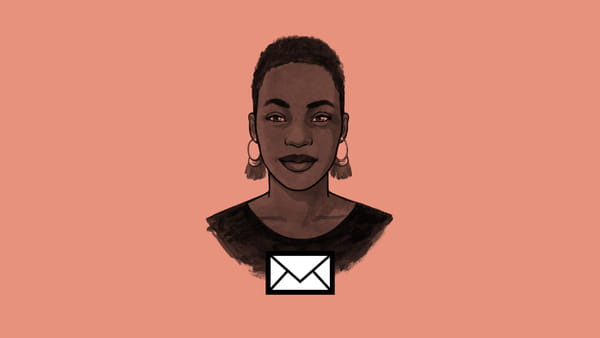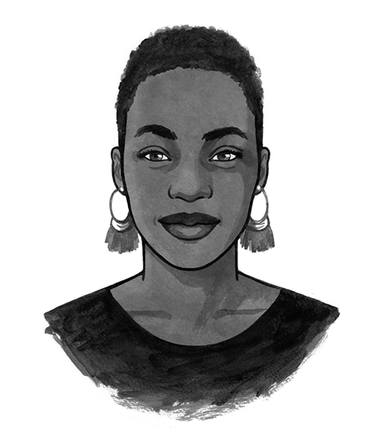Hi,
In the time of the new coronavirus, it feels difficult to find something to say that hasn’t already been said, and probably said better. Isolation doesn’t have to mean solitude or abandonment. Crisis brings out the best in us. We are much less divided than we think. This moment of disruption can also be a gift. And so on...
So this newsletter is a bit harder to write than usual. And that’s not just because it’s harder to focus on work when my daughter wants to show me a cool, new trick every 15 minutes. I’m worried and distracted by the endless fog of uncertainty that is the future, and every day brings me more insights into just how disastrous this outbreak might be for my city and country.
Perhaps this is both the worst and best time to be a writer; a person who works with words, a person with a voice. It’s so easy to feel like there’s not much value in words at this point in time. But then again, voice is really all we have now, since touch has become dangerous, since we can’t see what lies ahead, since so many of us don’t know what to feel in this moment.
We can use our voices to give weight to the confusion, the cautious optimism, the lack of clarity that we’re all experiencing to varying degrees. We can name the new directions we know we should go in, and reject the dangerous turns towards authoritarianism that seem like an easier path. We can raise a rallying cry to amplify the needs of those who are silenced, and encourage those who have to give. We can call our brethren to prayer, to solidarity, to generosity and deep care.
At the beginning of the week, I used my voice on behalf of some of the more vulnerable people in my city. The President had announced a lockdown to prevent or reduce the risk of community transmission. I knew that this lockdown meant almost immediate hunger for millions of people, so I asked for donations to be made to some activists living and working in informal settlements. The idea was for them to pass on the cash or buy dry goods for distribution. Today, almost 150 households have enough money or dry goods to tide them over for about a week. It’s not salvation, but it is some sort of buffer.
"Thank you for remembering us." Over and over, the different women who received donations repeated this sentence. Several of them had been evicted from their homes in January, only to now face this. Those words reminded me how much cruelty there was in the world before this moment; people who felt forgotten, people who were being erased. It reinforced my deep conviction that, even as we grapple with the upheaval that this crisis presents, we would all do well to remember that there are others for whom every day has been a crisis. There are people whose whole lives have been a dance with disease, disruption, or death. And these realities are not inevitable; they never were.
In this moment, where the dystopia is no longer the exclusive reality of the poor, the disabled, the chronically ill, the homeless, the incarcerated, the forgotten, it feels like there isn’t much to be said that is new. But maybe that’s okay. When things are said often, it is often with good reason. We need one another. And we need to be good to one another. It’s not original. It’s just true.
Till next time,
OluTimehin
 Want to receive my newsletter in your inbox?
Follow my weekly newsletter to receive notes, thoughts, and questions on the topic of Othering and our shared humanity.
Want to receive my newsletter in your inbox?
Follow my weekly newsletter to receive notes, thoughts, and questions on the topic of Othering and our shared humanity. 
